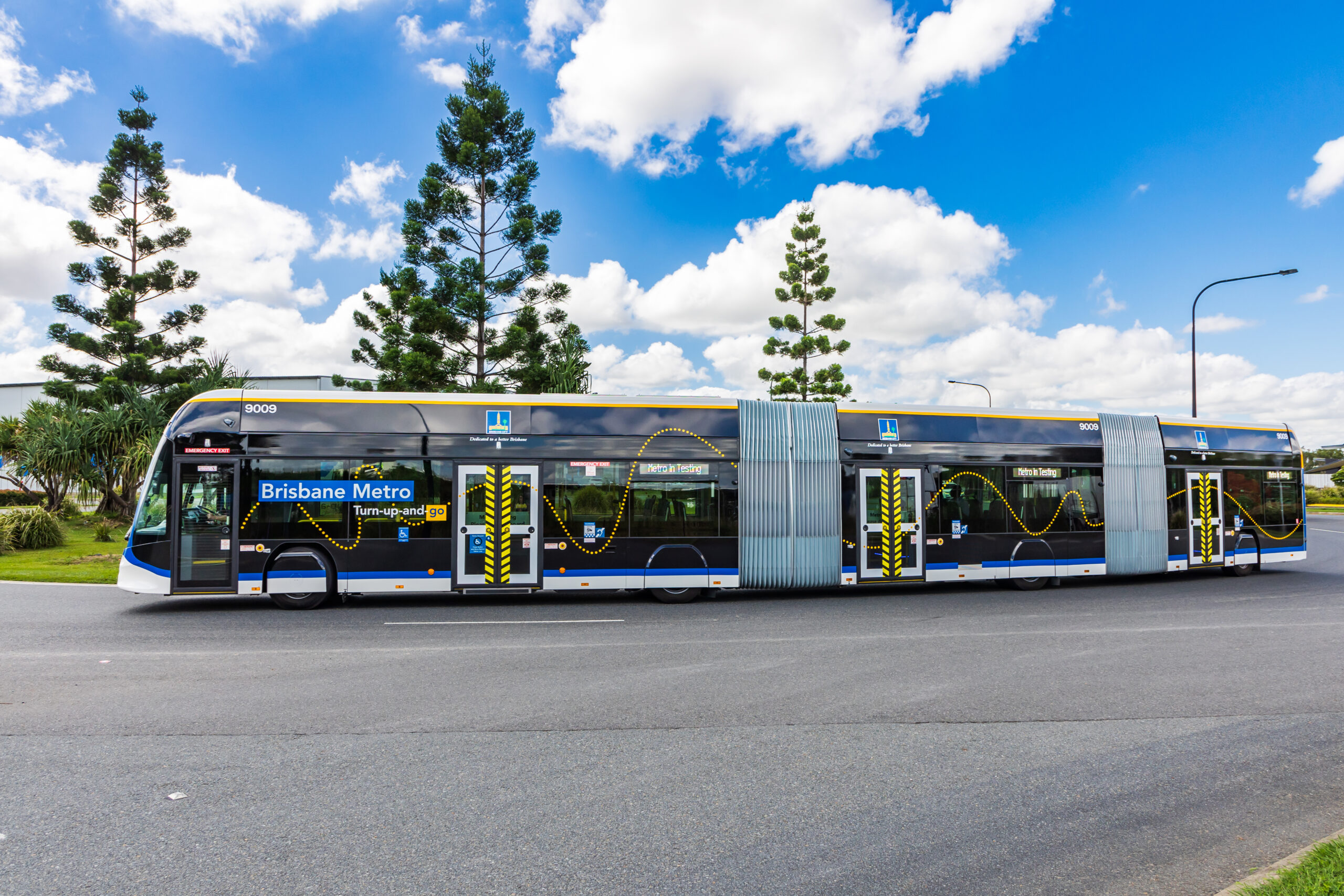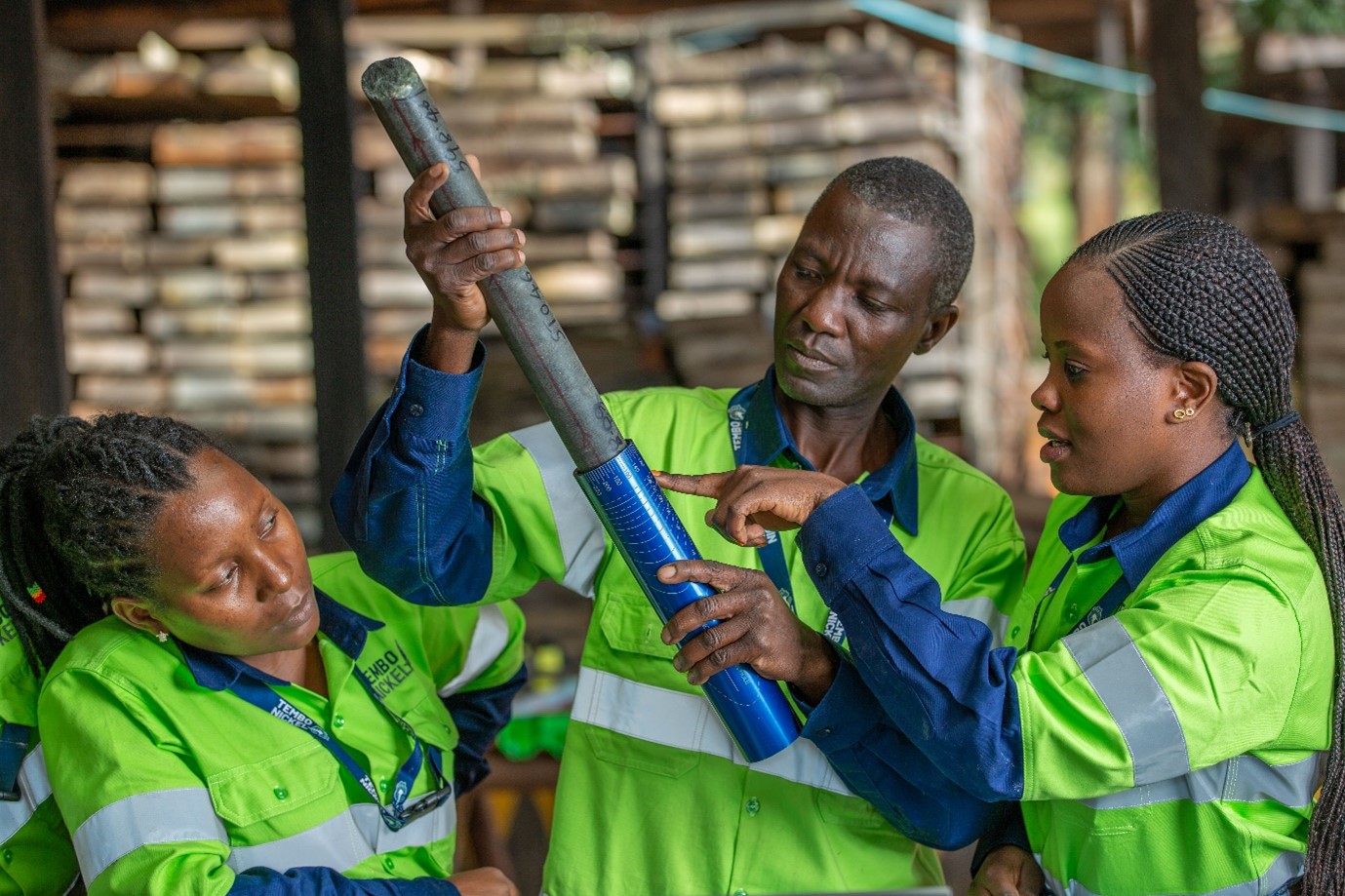Sign up for daily news updates from CleanTechnica on email. Or follow us on Google News!
A few days ago, I came across an interesting Twitter (or X, or whatever Elon’s identifying it as these days) post/tweet from Car Dealership Guy. In short, he feels that Toyota was smart enough to either expect the recent U.S. government and industry turn toward more plugin hybrids and less EVs, or at least was forward-thinking enough to do hybrids first before everyone else.
Akio Toyoda will go down as the greatest unrecognized business genius of our time:
• Made Toyota the #1 brand in the world.
• Stuck to a hybrids-first strategy – even when facing internal pressure.
• Forced to resign while his successor promised to execute his strategy.
•…— Car Dealership Guy (@GuyDealership) May 29, 2024
In this article, I’m going to discuss how this is right, how it’s wrong, and how it will probably become more wrong over time.
How It’s Right
One thing that doesn’t come up very often on the pro-EV side is the issue of battery supplies. Prices for batteries have come down a lot, and to the point where EVs often reach price parity with ICE vehicles. In fact, in China, there’s a growing number of EVs that are substantially cheaper than the average US ICE vehicle. So, the idea of going back to plugin hybrids instead of going straight to EVs seems kind of silly.
But, things are never simple in the world of geopolitics. One short-term advantage of government-heavy economic systems is that they can sometimes move faster and think a little further ahead of theoretically free market systems. While we’re busy dealing with influence campaigns by fossil fuel companies and foreign governments that use our freedom against us to get our governments to make poor public policy decisions, the Chinese government was busy spending big on the battery industry, so now they’re pretty far ahead of us (at least in terms of supplies).
On top of this first mover advantage, there are fewer environmental and labor-friendly policies, there’s less concern about human rights in the battery mineral supply chains, and there are other corners that have been cut along the way. So, even if the US government was to invest heavily in battery supplies and industry kicked into high gear, liberal countries simply aren’t going to ever get battery supplies as cheaply as China does. It’s just not in the cards.
So, if we want to go all-in on EVs now instead of later, we’re probably stuck with buying battery cells from China instead of rapidly building up the battery cell supplies from liberal countries.
The problem with depending on China for battery supplies is the Communist Party’s willingness to use dependence against other countries when push comes to shove. The biggest example of this was China’s rare earth minerals embargo against Japan in 2010. Japan was heavily dependent on China for these minerals for everything from electronics to medicine, and during a border dispute over some worthless rocks in the sea between the countries, China cut off the supply.
So, it’s not a great idea to just go with Chinese batteries, especially for something as critical as transportation.
For this reason, we’ve seen Japanese automakers shy away from EVs. Hopes for hybrids, hydrogen, and anything other than full EVs (BEVs) have stayed alive for what seemed like an irrationally long time there, to the point where Japanese auto manufacturers have been mocked and derided for the choice.
More recently, as European and North American governments have finally seen the problem with relying on China, we now find ourselves in the same bad boat the Japanese have been in. Hydrogen has been through some epic failures in the United States, some literally involving explosions and fire. So, we’re not going to go down that road.
What remains is PHEVs. They use much smaller battery packs, allowing for more cars to be built with a smaller battery supply. It’s also something oil companies can at least begrudgingly get behind politically, because PHEVs will still want some of the dino juice they sell.
How Toyota Got It Wrong
While Japanese automakers and the Japanese government had good cause to not buy Chinese batteries and depend on them for yet another thing, the problems with hydrogen and plugin hybrids should have still been obvious. Even when derived from the cleanest sources, hydrogen still wastes a lot of energy at every step of the process going from electrolysis to the pump.
So, companies like Toyota were right to avoid entanglements with the Chinese government and the heavily subsidized companies under its thumb, but choosing to focus on boondoggles like hydrogen instead of developing better alternative supplies was the strategic error. Sadly, it’s the same strategic error most US automakers made, so we’re stuck in the same boat.
This makes Toyoda (the guy who stuck with this strategy) less of a visionary and more of a guy who just went down the same wrong path US and European industry (and now government) went down.
This Situation Won’t Last Forever
Ultimately, inferior PHEVs can’t dominate the US market forever. Tariffs and other policies holding back Chinese imports can delay EVs, but can’t keep them away indefinitely. As battery prices fall, the advantage of an EV becomes not only efficiency, but then total cost of operation and then sticker price. Once they’re cheaper hands down in every way, plugin hybrids simply won’t be able to compete in the market.
At this point, if Toyota sticks with its commitment to things like hybrids and hydrogen, its executives won’t be able to look like the prophets some people think they are today.
While I’m confident that battery supplies will continue to develop and prices for cells will drop, the remaining sticking point is infrastructure. This is an area of policy and industry that’s entirely in the hands of US governments and private industry. Unfortunately, we’ve sadly seen Tesla pull back from its historical rate of growth in charging stations to focus more on expanding existing stations, and we’re seeing other charging companies stumble and struggle.
If we get to the point where EVs are the overwhelmingly cheaper choice but the charging infrastructure isn’t ready to support them well, we’ll still see a lot of people choose to stick with plugin hybrids. The ease of getting gas on a road trip compared to the mess of today’s unreliable and difficult-to-use charging networks can make up for a lot of price advantage.
So, it’s really going to hinge on infrastructure. This is the big thing we need to be pushing forward on for the next few years.
Featured image by Toyota.
Have a tip for CleanTechnica? Want to advertise? Want to suggest a guest for our CleanTech Talk podcast? Contact us here.
Latest CleanTechnica.TV Videos
CleanTechnica uses affiliate links. See our policy here.





